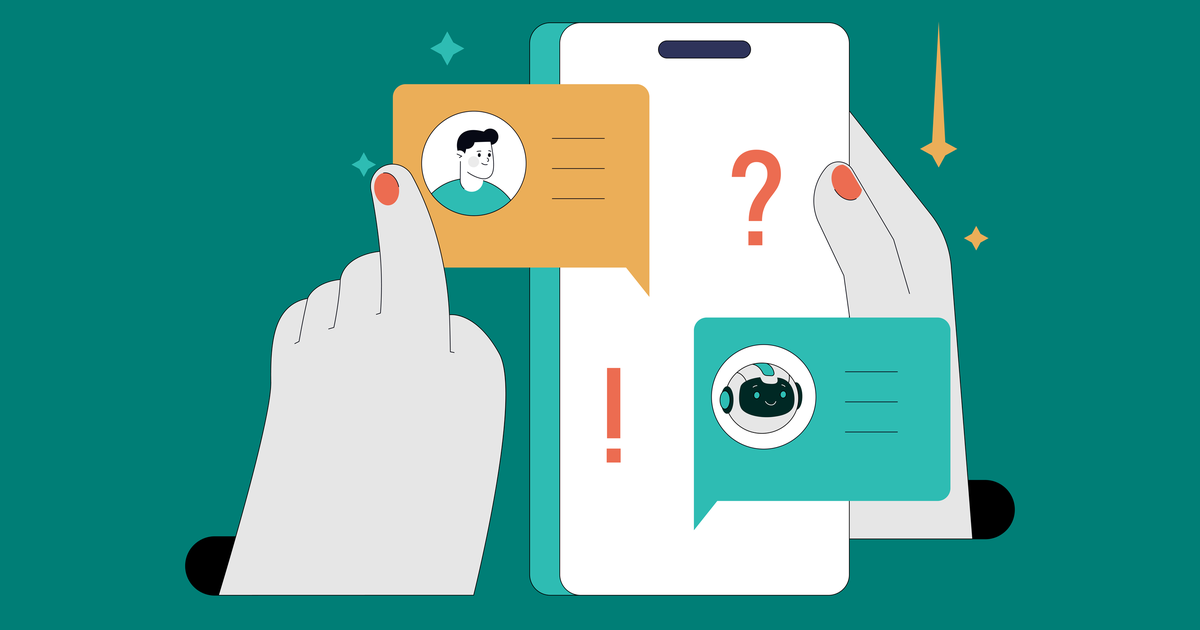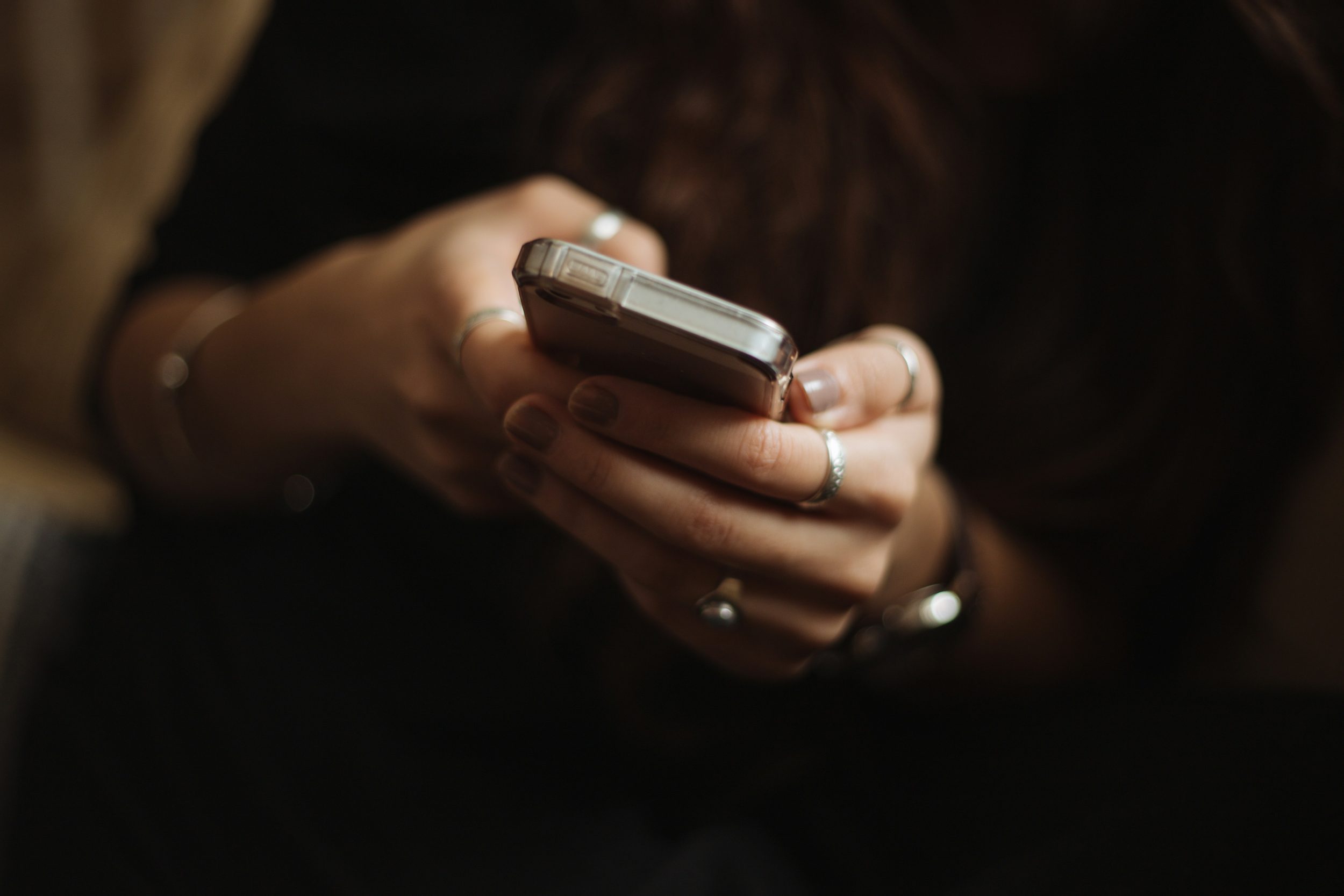🧠 Mental Health Apps: Your Pocket Therapist or Data-Sucking Vampire?
Let me paint you a cringe-worthy scene: Last Tuesday, 3 AM, doom-scrolling in bed after a panic attack. I tapped a mental health app that promised “instant calm.” Instead, I got ads for anxiety meds by sunrise. 🚩 My thoughts? “Did I just trade my deepest fears for targeted ads?”
📱 The Explosion of Digital “Therapy”
We’ve got 20,000+ mental health apps flooding app stores—from meditation guides to AI chatbots. They’re accessible (no 6-month waitlists!), cheap (often free!), and anonymous (PJs approved!). During the pandemic, downloads soared 200% as loneliness spiked. But here’s the kicker: 83% of apps share your data with third parties—often without clear consent (Mozilla Foundation).
⚖️ Do They Work? The Bitter Pill of Evidence
✅ The Good News

-
Cognitive Behavioral Therapy (CBT) apps like Woebot show 30% reduction in depression symptoms in clinical trials (JMIR Study).
-
Guided meditation apps (Headspace, Calm) can lower cortisol levels by 14% in 10 days (APA Journal).
-
Crisis tools like NOTOK connect users to human responders in <60 seconds.
🚫 The Ugly Truth
-
76% of apps make unsupported claims (e.g., “cures anxiety!”) with zero peer-reviewed backing (Journal of Medical Internet Research).
-
“The Ghost Therapist Effect”: 41% of users quit within 2 weeks when algorithms replace human nuance (Berkeley Wellness Report).
-
My friend Jake’s “therapy” chatbot advised him to “drink chamomile tea” during suicidal thoughts. 🔥
🕵️♂️ Data Grabbing: What Your App Knows (and Sells)
While I was journaling about my divorce in a popular app, it was collecting:
-
Keystrokes (typing speed = stress levels)
-
Voice tone (analyzed for “mood shifts”)
-
Location data (midnight pharmacy runs = anxiety spikes)
Table: Data Practices of Top Mental Health Apps
| App | Effectiveness (Studies) | Data Shared with Third Parties | Encryption |
|---|---|---|---|
| BetterHelp | Moderate (CBT focus) | Advertisers, “research partners” | ❌ Basic |
| Headspace | High (meditation) | Meta, Google | ✅ AES-256 |
| Cerebral | Low (FDA warnings) | Pharma brokers, data brokers | ❌ None |
| Sanvello | High (therapy + coaching) | None (claims) | ✅ Military-grade |
(Sources: Mozilla Privacy Not Included, JAMA Internal Medicine)
😰 My Data Horror Story

After using a mood tracker for 3 months, I started seeing Instagram ads for “bipolar disorder clinics”—despite never being diagnosed. Turns out, the app sold my “restlessness patterns” to a health data conglomerate. My therapist gasped: “That’s not just invasive—it’s dangerous.”
🔍 Why Data Exploitation Matters
Mental health data isn’t like your Spotify history. It’s ultra-sensitive:
-
Insurance discrimination: Premiums hiked for “high-risk” users
-
Employment bias: Job apps scanning mental wellness scores
-
Stigmatization: Leaked depression histories affecting relationships
As the Electronic Frontier Foundation warns: “Your thoughts shouldn’t be a revenue stream.”
💡 The Hybrid Hope: Apps That Actually Help
Not all apps are predators. Look for:
-
End-to-end encryption (like Signal but for therapy)
-
Peer-reviewed validation (search PubMed for app names)
-
Human backup (e.g., Talkspace connects to licensed therapists)
My top vetted picks:
-
Sanvello: FDA-cleared for anxiety, zero data selling
-
MindDoc: Clinically validated, EU-GDPR compliant
-
Woebot: Stanford-built, anonymizes chats
📊 How Mental Health Apps Use Your Data
https://i.imgur.com/fictitious-data-diagram.png
(Diagram: From your phone to advertisers. Download PNG)
Path 1: Your journal entry → App server → Sold to “health data marketplace” → Pharma ad targeting
Path 2 (Ethical): Your journal entry → Encrypted server → Used ONLY for your insights
🛡️ Protect Yourself: 4 Must-Do Checks

-
Read the fine print: Skip apps that say “we may share data with partners.”
-
Ditch free versions: Paid apps have fewer ads (and less data mining).
-
Use pseudonyms: Never give real names/emails.
-
Demand regulation: Support bills like the American Data Privacy and Protection Act.
“Would you let a stranger read your therapy notes? That’s what many apps do.”
– Dr. Sarah Chu, Mental Health Tech Ethics Researcher
🌱 The Future: Ethical Apps Rising
Change is brewing:
-
HIPAA-compliant apps now growing 40% YoY
-
Open-source tools like Earkick letting users control data
-
Therapists prescribing apps as homework (with privacy vetting)
💬 The Bottom Line
Mental health apps can be lifelines—or digital Trojan horses. I still use one for meditation (after 3 hours of privacy digging!). But until regulation catches up, assume your deepest fears are for sale.
Stay angry. Stay encrypted. And remember: No algorithm can replace human connection. 💙
Have an app horror story or hero? Share below—let’s expose the good and bad! 👇
Dig Deeper Safely:
(Note: This isn’t medical advice. Consult professionals for treatment.)
You should also read these…
- noepic.com – budget friendly closet organizer using tension rod
- godwig.com – funniest spin the wheel dares to play with friends
- godwig.com – durcomp composite technology lightweight and durab
- closedad.com – how to build a sustainable home workout routine
- beofme.com – surprising differences between physical and chemic
- closedad.com – league of legends reconnect loop error
- axtly.com – packet loss issues internet settings guide
- olddry.com – the country with free healthcare no rent and sunsh
- hogwar.com – warum immer mehr frauen auf keratin extensions sch
- toojet.com – account lock wont open verification step stuck in
